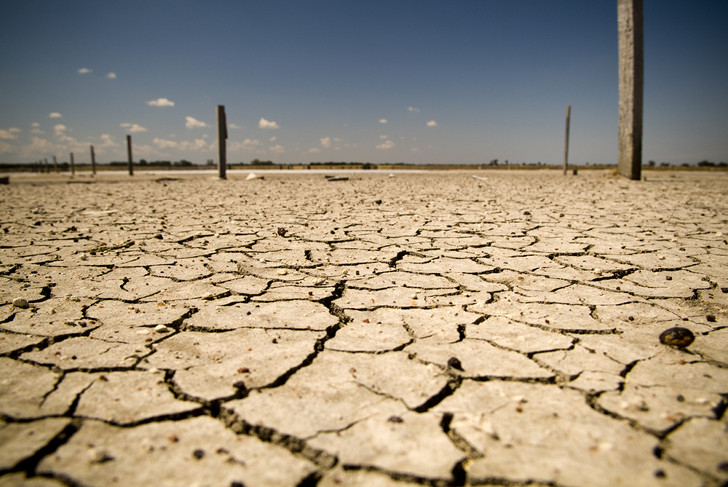By Laura Fitzgerald
Following the ‘Green wave’ of last May’s Local and European Election, the Green Party have had another breakthrough, winning a new high of 12 TDs, representing a plus ten seat gain.
The Green Party’s ignominious recent history of participation in an austerity, bank bailout government alongside Fianna Fail was sufficiently in the past in order for the Greens to be able to tap into the growing desire for radical climate action. In this way, electoral gains for the Greens are also part of the demand for ‘real change’ that characterised General Election 2020 and was primarily reflected in the Sinn Fein surge.
“House on Fire”
Greta Thunberg’s rallying cry aimed at the political and business elites of the world is that “your house is on fire”. With ten years to cut global warming in half just to halt the worst aspects of climate change, nothing short of radical and urgent action will cut it. This means going head to head with vested capitalist interests – market forces, polluting industries and all the businesses that invest in them. It means major public spending projects, shifting from an economy driven by profit, to one driven by the needs of people and planet.
Such major radical change requires careful planning. Rather than the chaos of the market, this necessitates taking the key sectors of the economy into democratic public ownership including polluters like large agri-business and important economic levers like the construction and banking industries, in order to enable a rapid just transition to a carbon neutral future that meets the housing, health and public needs of the majority. As Naomi Klein puts it, “There is simply no way to square… market freedom with a problem that demands collective action on an unprecedented scale and a dramatic reining in of the market forces that created and are deepening the crisis.”
Real Change or ‘Pale Green Tinge’ Status Quo?
Unfortunately, since their breakthroughs last May and on 8 February, the Green omens are not good. As well as entering a range of council-level coalitions that has included voting for the privatisation of council owned land (eg O’Devaney Gardens, Dublin City Council), Green leader Eamon Ryan has repeatedly made it clear that his party is prepared to go into Government with anyone, including Fine Gael and Fianna Fail.
These are the parties of climate-chaos market-capitalism whose record on the issue is summed up by the fact that the Climate Change Performance Index deemed Ireland the worst country in the EU for climate action in both 2017 and 2018, faring only marginally better in 2019.
Green Manifesto Failings
If you take a look at their policies, the root of this climate action ‘pragmatism’ is indicated. Despite the fact that 128 cities have implemented free public transport, the Greens’ General Election Manifesto fell short, opting instead for a more minimal proposal about free transport for students and reduced fares. Noticeably, there’s no reference to opposing privatisation and opting for an expanded 100% public model in their policies – emblematic of an approach that seeks to ‘balance’ profits for business and social and environmental need.
The Green Party’s support of a ‘carbon tax’ is also in this vein – it’s an example of a policy that would disproportionately affect working people’s living standards while failing to really go after big business polluters. This is similar to the Greens advocating a Universal Basic Income (UBI) model. Superficially attractive, in truth such a measure (guaranteeing of a low basic income from the state) means gifting bosses with a justification for poverty wages, zero hour contracts and the downward spiral on pay and conditions in a form of corporate welfare to these profiteers.
A just transition
The Green manifesto advocates a ‘just transition’, a crucial idea championed by Bernie Sanders and Alexandria Ocasio Cortez campaigning for a ‘Green New Deal’ in the US – the ‘just transition’ meaning that the move to a carbon neutral future must be done by both taking on the big business polluters and profiteers, and improving the living standards and public services of working people. The Greens on the other hand, propose to bring together trade unions and businesses in order to enact a ‘just transition’. This is yet another example of an impossible attempt to balance between the contradictory interests of working people and profiteers.
The school students in their tens of thousands in Ireland, and in their millions internationally striking for “system change, not climate change”, will not accept such a compromising approach in which a “pale-green tinge” to the capitalist status quo of health, housing and climate crises is all that’s on offer. A new generation seeing the scale of this crisis, will recognise that “business as usual” won’t do and that a socialist alternative, based on the democratic planning of the economy and breaking with the capitalist market, will be a vital necessity.












